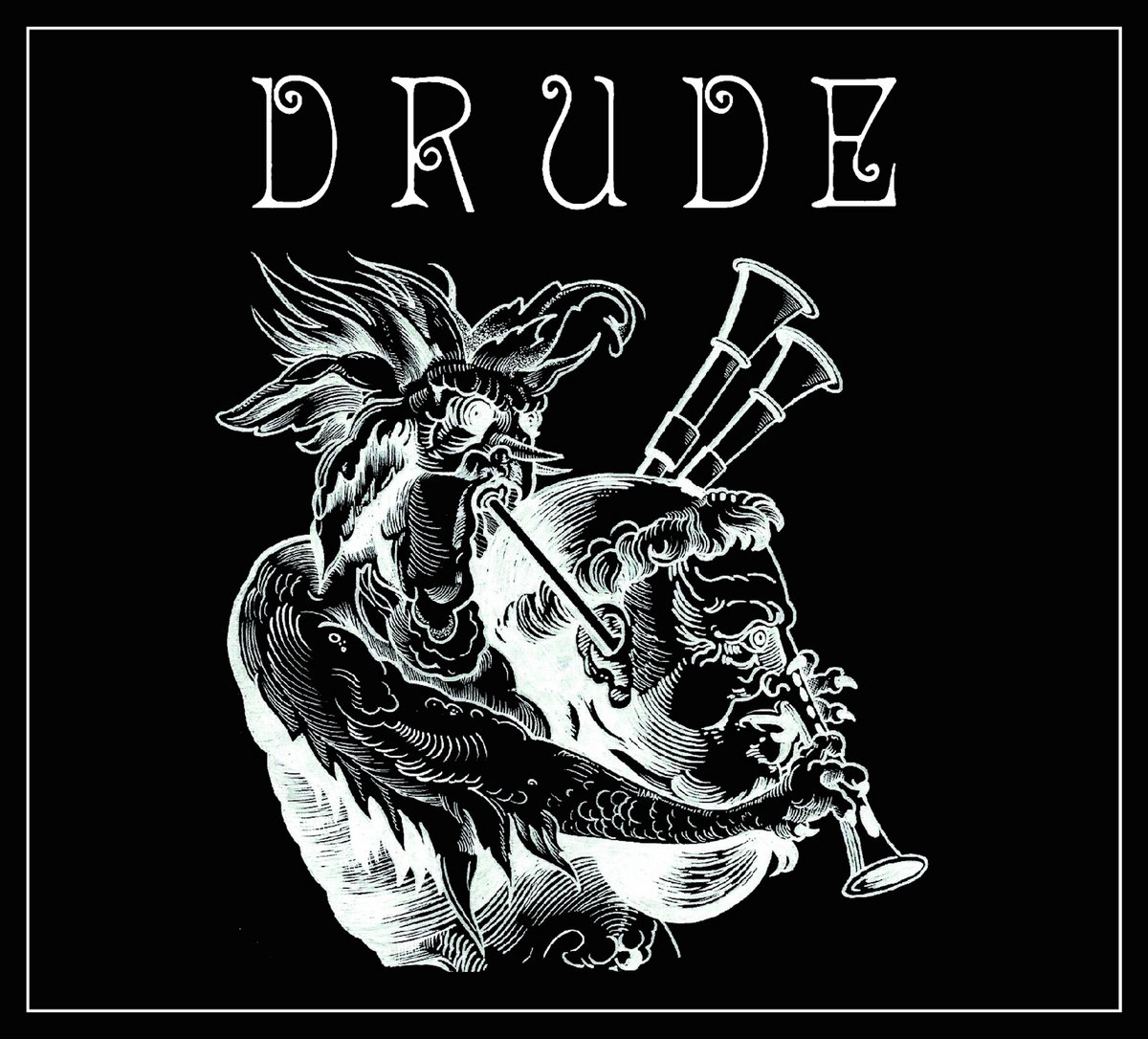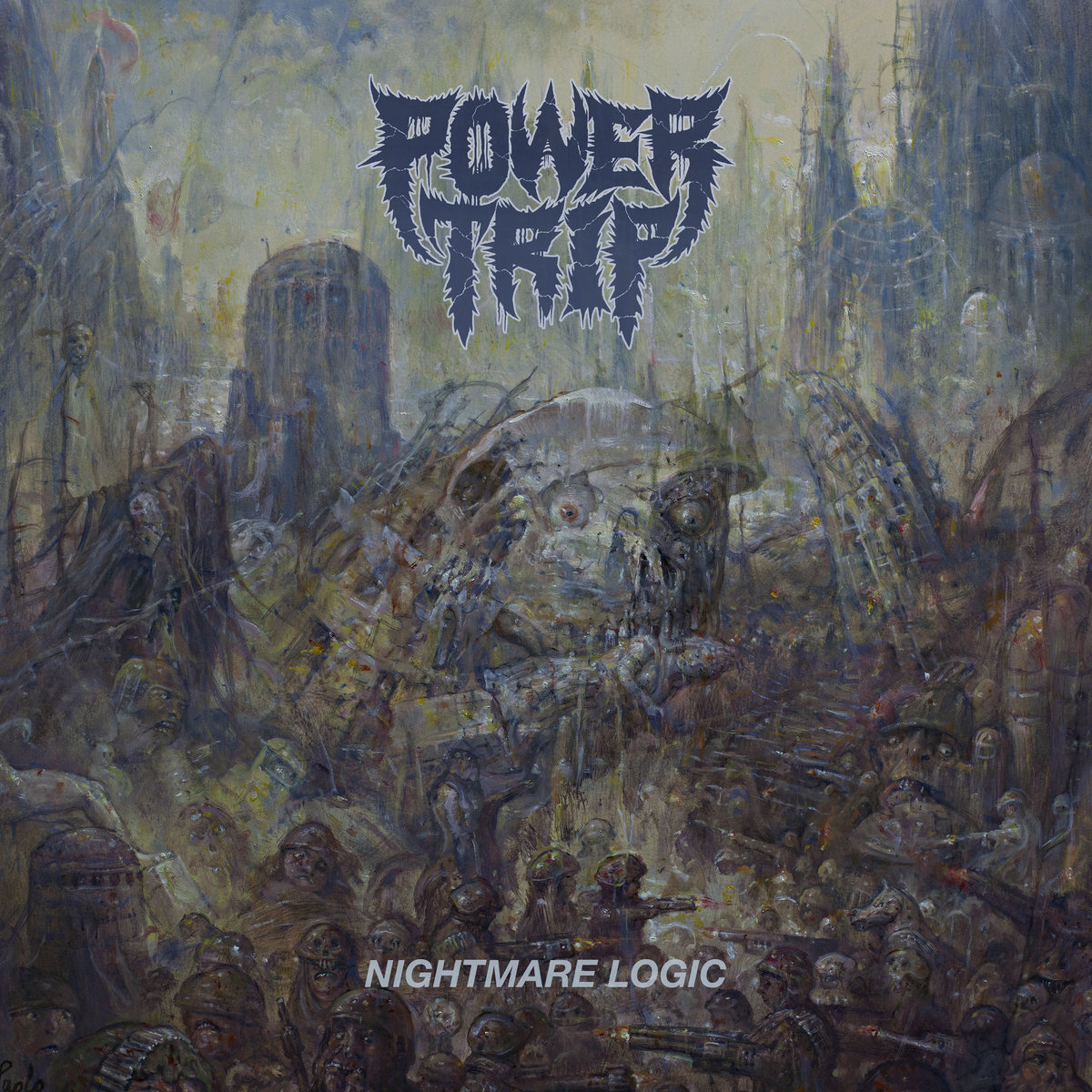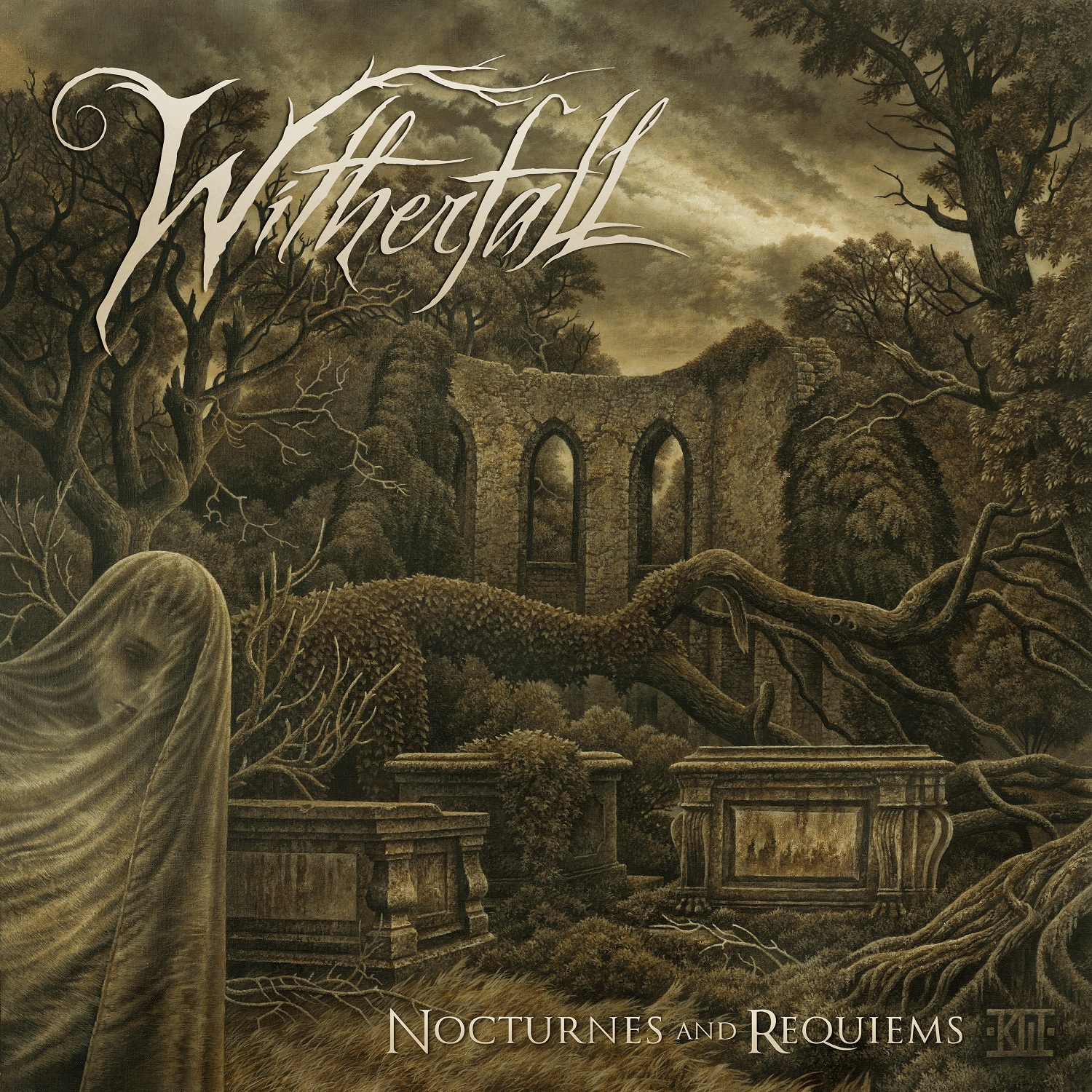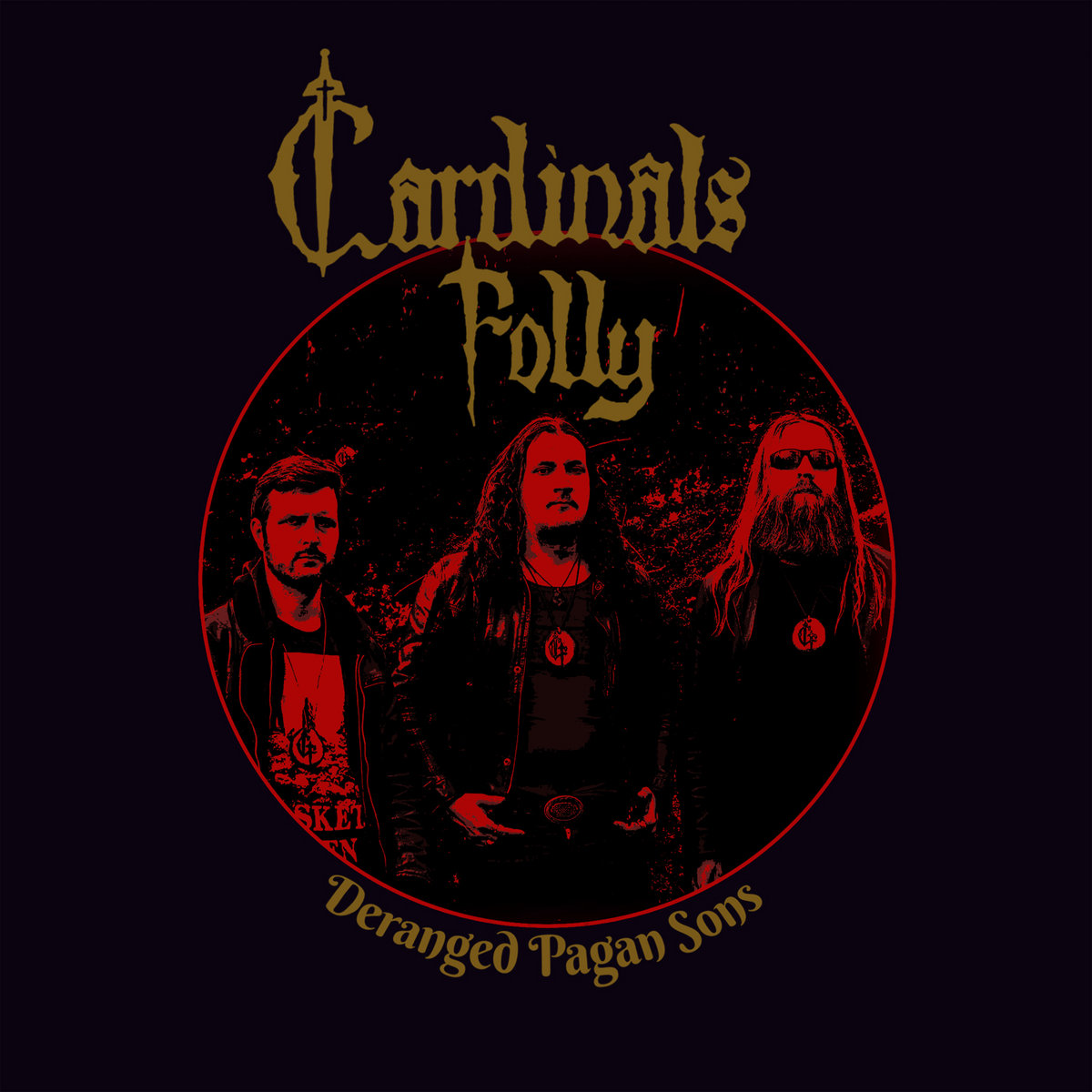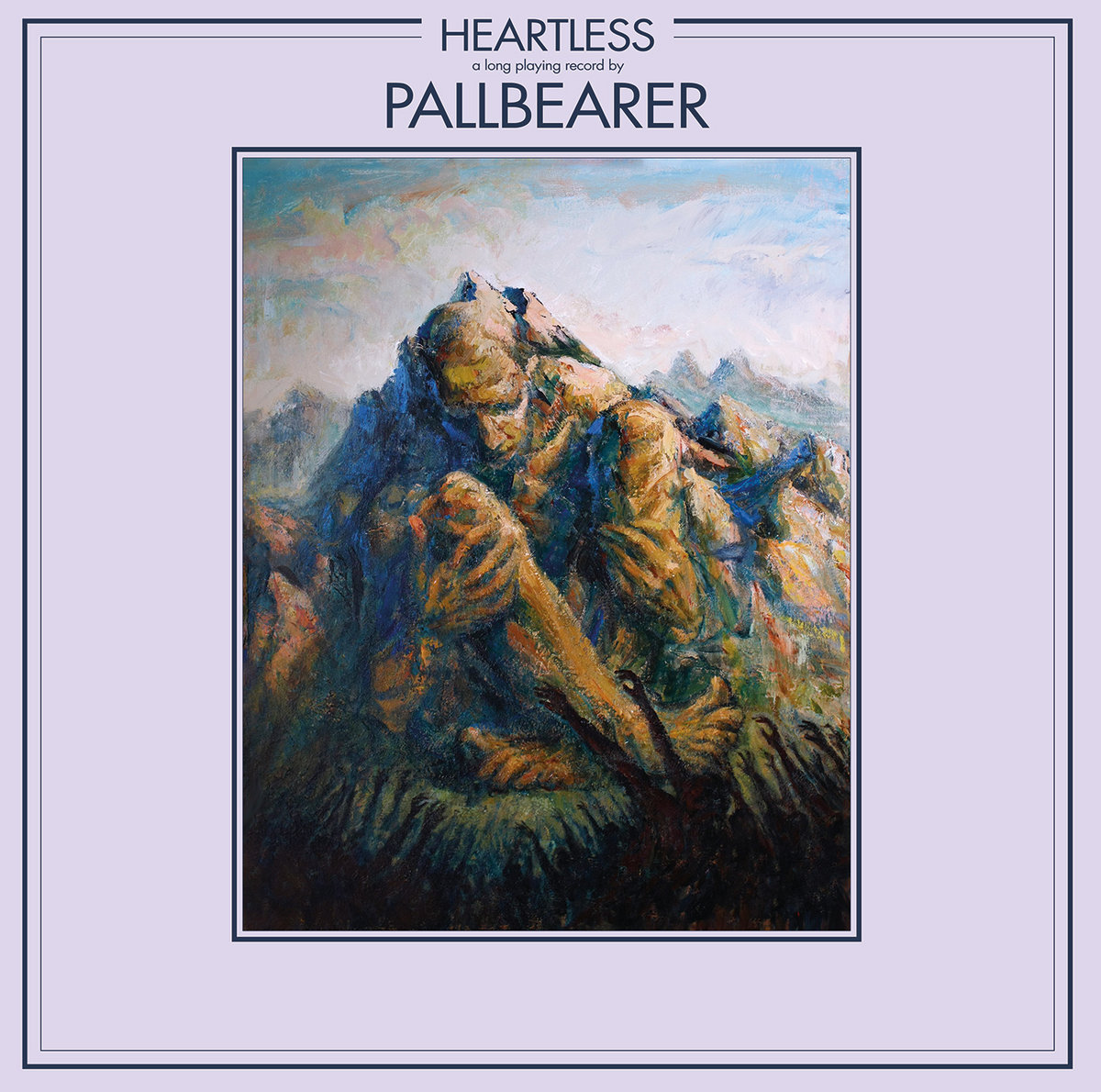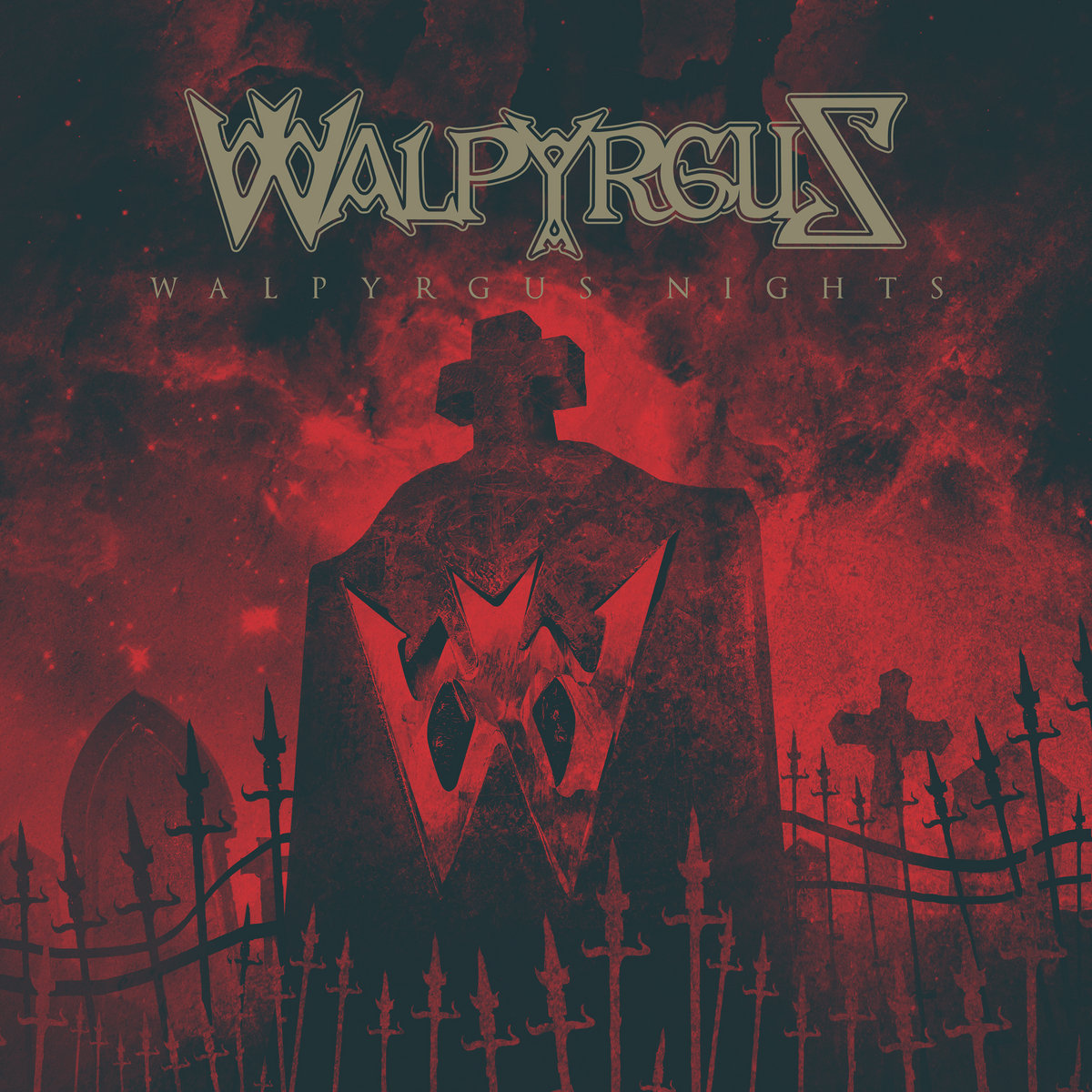Originally beginning life as Burn the Army,
Drude of Indianapolis, Indiana has a lot more going on than the progressive
sludge label would suggest. It’s certainly an accurate tag but the trio’s
self-titled debut album has a great deal of variety for only featuring five
songs. The dynamic shifts and meditative atmosphere show post metal influence,
an occasional classic doom riff will occasionally shake things off before
returning to the ether, and the vocals deliver the enlightenment through
cannabis lyrics throughout a fair ratio of hardcore shouts and Dopesmoker-style
chants.
Going along with that, the group’s musicianship
reflects a great deal of chemistry. While the guitar draws the most attention
due to its dominance in the mix and powerful tone, the drums deserve a lot of
credit for making style transitions seamless with their steady mix of tribal
rhythms, speed blasts, and pounding buildups. The bass also has a solid
presence and helps support the guitar during the most exploratory segments.
But Drude’s songwriting method is what
ultimately helps them stand out among their peers. The tracks take on an almost
improvisational style with each one showing off a variety of influences but no
discernable structure. Riffs come and go, progressions change with no warning,
and the band spends the entire time making you wonder if they were making it up
as they went along or if it was meticulously rehearsed down to the finest
detail. A lack of recurring motifs can make the songs seem less memorable but
the album’s transcendental atmosphere and almost twelve-tone technique make it
demand to be experienced in real time.
While Drude’s self-titled album may be a little
tough to get into due to not relying on traditional catchiness, the voyaging
song structures in conjunction with the band’s impeccable chemistry make it
worth exploring. Its thirty-six minute runtime also proves beneficial as the
songs flow in a way that never feels overwhelming and offers solid replay time.
It’s a good album that I bet this scores even higher when listening to it while
really high.
Highlights:
“Barbelo”
“Oasu”
“Eidolon”
“Barbelo”
“Oasu”
“Eidolon”
Final Grade: B
